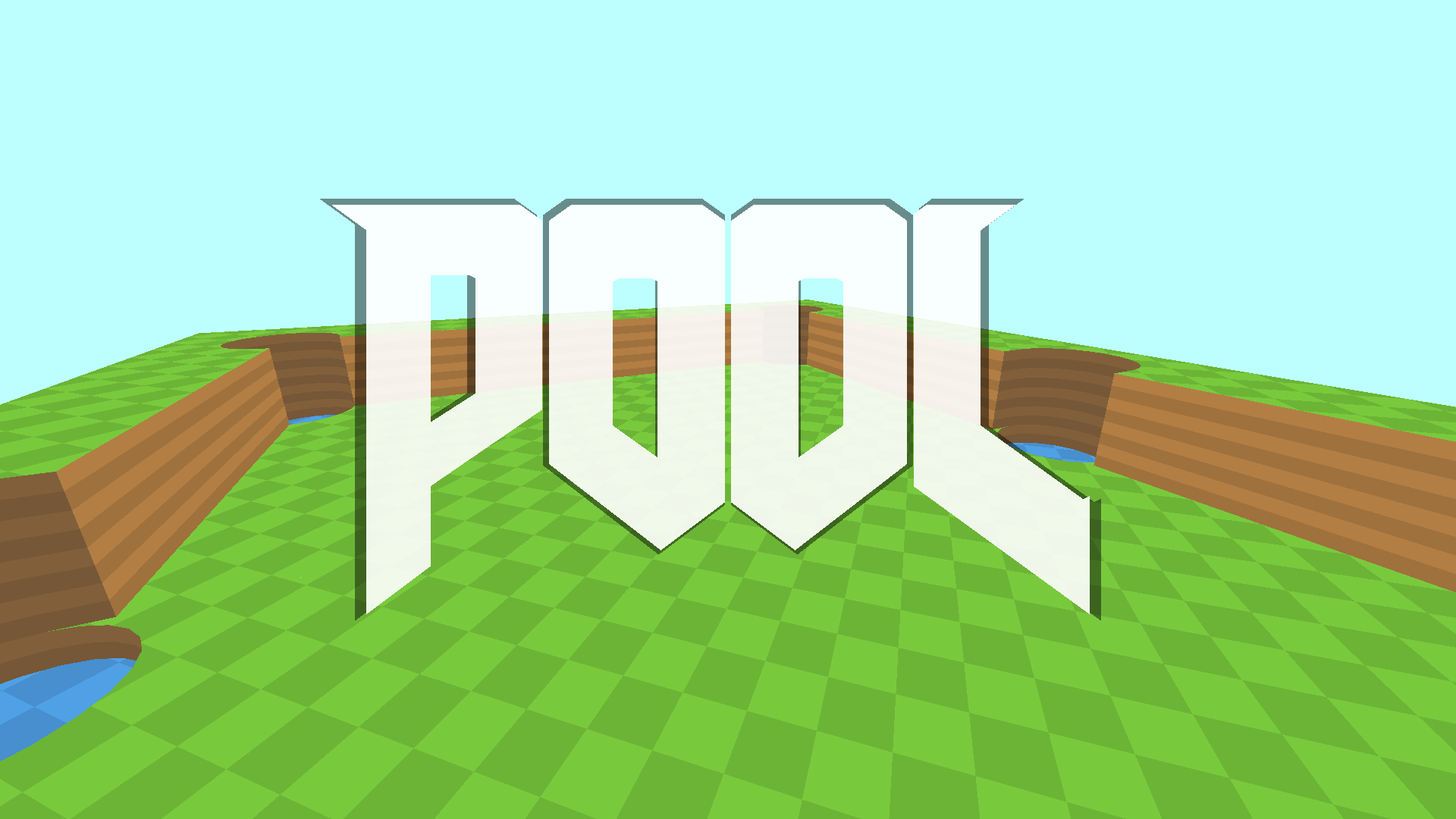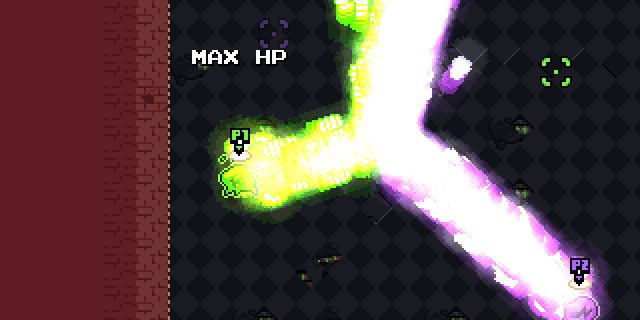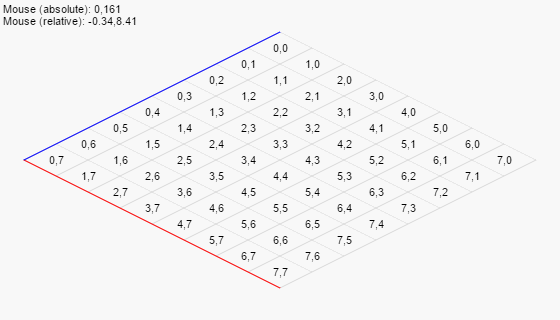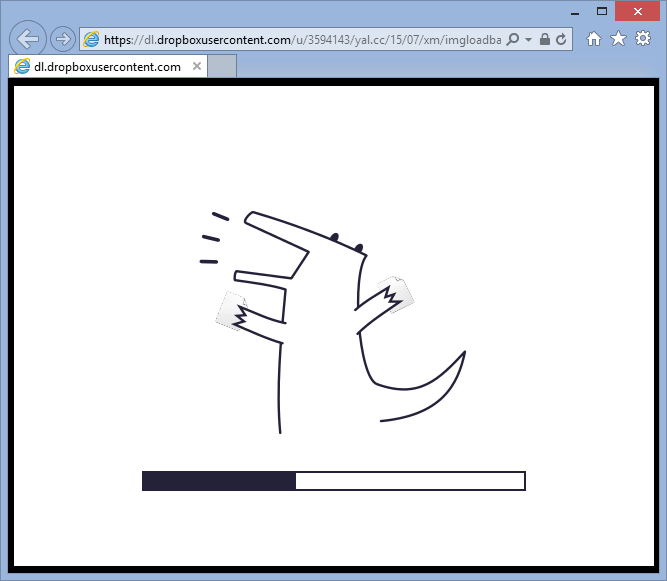If you've spent some time working with JSON in GameMaker: Studio, you may have noticed that the built-in functions aren't exactly interested at making output laconic - they always write numbers with 6-digit precision, meaning that 3.5 always becomes 3.500000 even though the extra zeroes serve no purpose whatsoever.
The problem becomes more prominent when encoding data that is largely numbers - say, if writing down a shuffled sequence of numbers,
var map = ds_map_create();
//
var list = ds_list_create();
for (var i = 0; i < 32; i++) ds_list_add(list, i);
ds_list_shuffle(list);
ds_map_add_list(map, "order", list);
//
var json = json_encode(map);
ds_map_destroy(map); // destroys the list in the map as well
show_debug_message(json);
The output is as following:
{ "order": [ 30.000000, 22.000000, 2.000000, 8.000000, 17.000000, 14.000000, 25.000000, 9.000000, 20.000000, 29.000000, 10.000000, 26.000000, 6.000000, 15.000000, 21.000000, 1.000000, 11.000000, 3.000000, 24.000000, 12.000000, 19.000000, 31.000000, 7.000000, 28.000000, 18.000000, 4.000000, 0.000000, 5.000000, 27.000000, 16.000000, 23.000000, 13.000000 ] }
Where, out of 357 bytes, 250 bytes are whitespace or unneeded "precision".
A little inconvenient, if you don't have a compression algorithm on hand.
But, of course, that can be helped with a script.
(post revised in 2018)
Continue reading →






